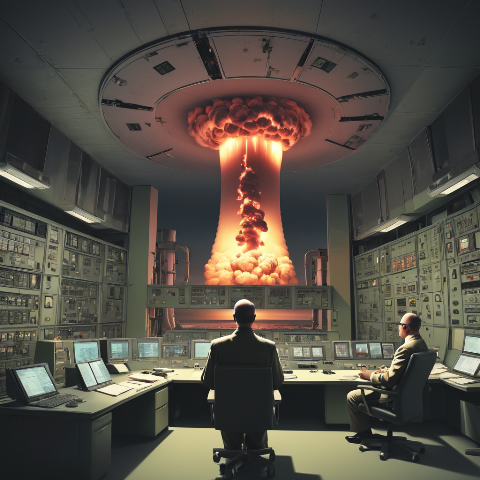IAEA Steps Up Capacity Building Efforts in Nuclear Knowledge Management
Australia, despite not having plans to introduce nuclear power, plays a significant role in the industry as a major uranium producer and home to the Open Pool Australian Lightwater (OPAL) research reactor.

Amidst increasing global interest in nuclear energy, the International Atomic Energy Agency (IAEA) is intensifying its efforts in capacity building support for 2024, starting with the inaugural Nuclear Knowledge Management (NKM) school in Australia. Hosted by the University of Adelaide’s Centre for Radiation Research, Education, and Innovation (CRREI), this event marks the beginning of enhanced initiatives aimed at equipping countries with the necessary information and skills for sustained success in the nuclear sector.
The NKM school, a one-week course tailored for young professionals, serves as a platform for participants to engage with knowledge management methods through lectures, case studies, and group projects. With over 1100 professionals trained through IAEA NKM schools as of February 2024, this event in Adelaide brought together 22 participants from various Australian organizations involved in nuclear science and technology.
While discussions around the clean energy transition often focus on advanced technologies, workforce development remains a critical aspect, particularly in meeting ambitious goals such as tripling global nuclear capacity by 2050. Acknowledging the impending retirement of a significant portion of the nuclear workforce by 2033, the IAEA underscores the urgency of addressing workforce challenges to support further nuclear power expansion.
Australia, despite not having plans to introduce nuclear power, plays a significant role in the industry as a major uranium producer and home to the Open Pool Australian Lightwater (OPAL) research reactor. The NKM school provided participants with insights into knowledge management practices relevant to various areas of their organizations, fostering knowledge sharing and preservation.
Laura Antoniazzi from the Australian Radiation Protection and Nuclear Safety Agency (ARPANSA) emphasized the relevance of the course across different organizational domains, noting its contribution to improving knowledge-sharing practices.
The course curriculum covered topics such as NKM roles and responsibilities, risk assessment, and succession management, with participants presenting case studies from their respective organizations. The successful completion of the course was acknowledged with certificates, affirming participants' newly acquired skills and knowledge.
Looking ahead, the IAEA's capacity building agenda for 2024 includes a series of NKM and Nuclear Energy Management schools, alongside visits and workshops aimed at fostering knowledge exchange and skill development. The upcoming International Conference on Nuclear Knowledge Management and Human Resources Development in Vienna will provide a platform to address current and future challenges in this domain, offering practical solutions to support safe and sustainable nuclear power programs worldwide.










